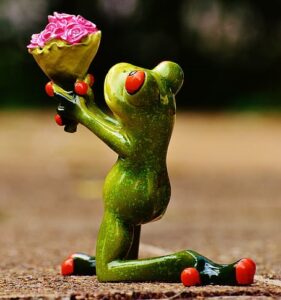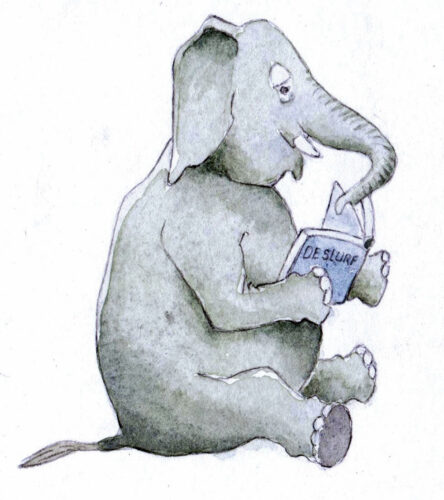A blog by Joyce Cordus
It will not have escaped your notice as readers living in the Netherlands: the sigh of relief from many, mostly black, people that went through the country Saturday, July 1, during the commemoration and celebration of Keti Koti. This year was extra special because it was 150 years since enslaved man was actually free. On the occasion, King Willem-Alexander delivered a speech. What many hoped did happen: the king offered his heartfelt apologies for “the fact that people have been turned into commodities, exploited and mistreated for centuries in the name of the Dutch state.” This makes him the first king ever to do so. So that’s already very special. But the king went further: he asked for forgiveness for the actions of his ancestors, the kings of the House of Orange-Nassau. In his own words, “for the obvious lack of action against this crime against humanity, I ask forgiveness today, on this day when we commemorate the Dutch slavery past together.”
 I was genuinely moved to tears. Why didn’t I feel that emotion with the apology, the apology? It has to do with the fact that apologies, regrets, apologies, I think, try to remove blame. ‘Sorry, I’m late, but the bridge was open and traffic was incredibly bad anyway!’ From those to whom you make excuses, you then expect understanding. You may have done something wrong, but it wasn’t actually your fault. With your apology, you try to take that blame away from yourself and prevent the other person from blaming you. When you ask for forgiveness, you take a very different position. Then you recognize that you have done something wrong and you cannot undo it. You regret what you did and you take the blame. You understand that the other person is inclined to blame you. At the same time, you make room for a new situation. You then take a fundamentally different position. When you ask for forgiveness, you admit that the other person does have the right to blame you. But at the same time, you make room for a new perspective, a new future.
I was genuinely moved to tears. Why didn’t I feel that emotion with the apology, the apology? It has to do with the fact that apologies, regrets, apologies, I think, try to remove blame. ‘Sorry, I’m late, but the bridge was open and traffic was incredibly bad anyway!’ From those to whom you make excuses, you then expect understanding. You may have done something wrong, but it wasn’t actually your fault. With your apology, you try to take that blame away from yourself and prevent the other person from blaming you. When you ask for forgiveness, you take a very different position. Then you recognize that you have done something wrong and you cannot undo it. You regret what you did and you take the blame. You understand that the other person is inclined to blame you. At the same time, you make room for a new situation. You then take a fundamentally different position. When you ask for forgiveness, you admit that the other person does have the right to blame you. But at the same time, you make room for a new perspective, a new future.
Just that image, a king who takes a knee, as it were, and takes the blame in the hope and realisation that only then can a new situation arise, I found so beautiful and liberating. By asking forgiveness, the king also showed us his vulnerability rather than his power, humbled himself and did not place himself in the foreground. That, in my mind, was really special. That was what moved me. Here stood a flesh-and-blood human being, a fellow human being who also happened to be king. I sincerely hope we can give him and each other that forgiveness, accept his words as a gift.
In his last Christmas speech, the king earlier referred to his belief in a future together, referring to Marieke Lucas Rijneveld’s poem “Alles bewoonbaar” (Everything Habitable in English). Its last line read, “After kneeling, come back up and straighten your backs together.” That is what I saw the king do: kneel and get back up, in the firm conviction that only together can we continue to work toward a world in which discrimination, racism and exclusion are a thing of the past. Only then will we humans, white and black, no longer be “prisoners” of time. Only then will we “write ourselves into the next chapter with many arms and with words and pull the past out of the shadows, look it in the eye and embrace it.
The latter is a variation on the words of Babs Gons and at the same time an answer to her question “Wie zijn we morgen” (Who are we tomorrow in English)?, the title of a beautiful poem she wrote on the occasion of Keti Koti 2023.
– Joyce Cordus, July 2023

